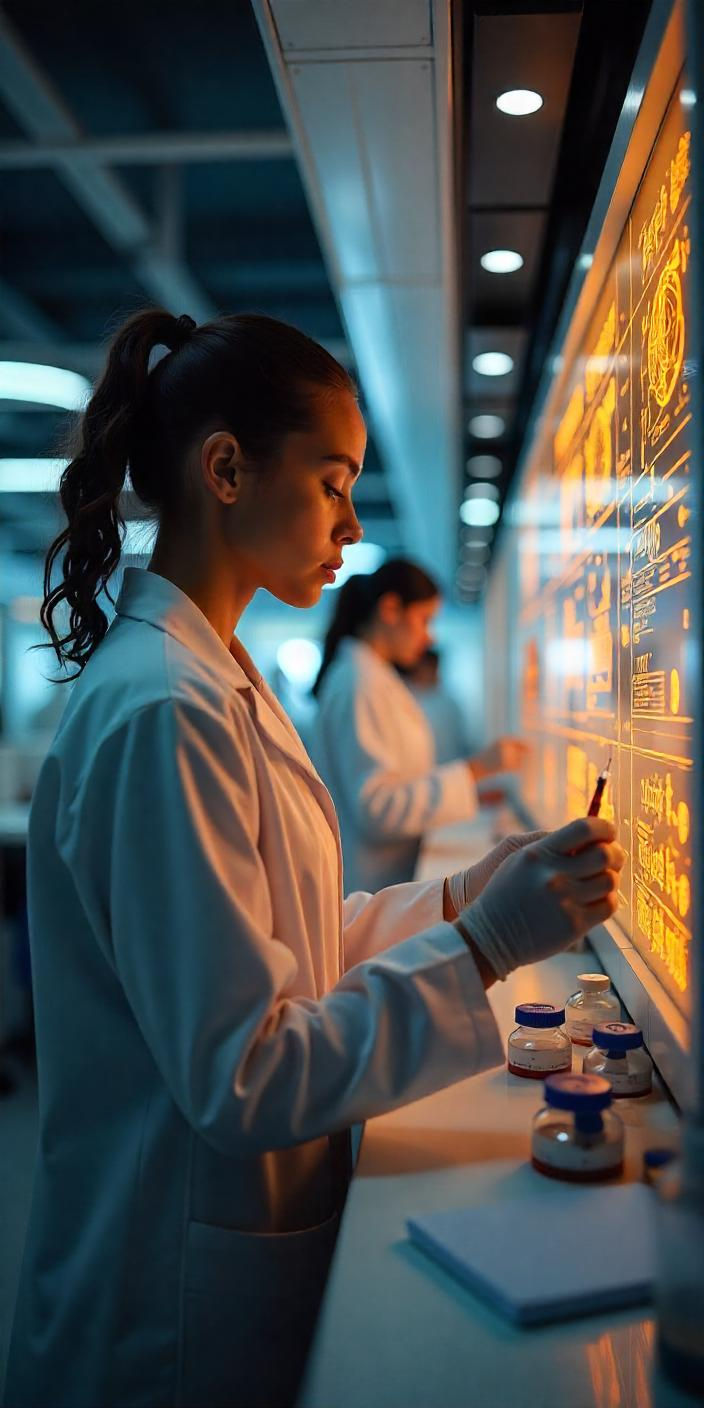The Protein Puzzle: AI’s Role in Decoding Life’s Building Blocks
- drshriramsakisnu
- Mar 26, 2025
- 2 min read
Proteins are the foundation of life, governing nearly every biological function in our bodies. From catalyzing chemical reactions to providing structural support, proteins are crucial to understanding health, disease, and drug development. However, deciphering their intricate structures has long been one of biology’s greatest challenges—until now. With the rise of artificial intelligence (AI), scientists are making groundbreaking strides in decoding the protein puzzle.
Why Protein Structure Matters
The function of a protein is directly tied to its three-dimensional shape. Misfolded proteins are linked to diseases like Alzheimer’s, Parkinson’s, and certain cancers. Traditionally, determining protein structures required time-consuming and costly techniques like X-ray crystallography and cryo-electron microscopy. AI is now transforming this process, predicting protein structures in a fraction of the time.
AI Revolution in Protein Folding
AlphaFold by DeepMind – In 2020, DeepMind’s AlphaFold shocked the scientific community by accurately predicting protein structures with near-experimental precision. This AI system uses deep learning to analyze amino acid sequences and predict their final folded shapes, accelerating drug discovery and biological research.
RoseTTAFold – Developed by researchers at the University of Washington, this AI model provides an alternative approach to protein prediction, further advancing our understanding of molecular biology.
AI in Drug Discovery – By rapidly identifying protein structures, AI enables pharmaceutical companies to design new drugs faster and more efficiently, targeting diseases with greater precision.
Challenges and Ethical Considerations
Despite AI’s success, challenges remain:
Accuracy and Limitations – While AI models like AlphaFold are highly accurate, some complex proteins, especially those that function in large molecular assemblies, still pose difficulties.
Data Bias and Reliability – AI relies on existing protein databases, and any inaccuracies in training data can affect predictions.
Biosecurity Concerns – The ability to predict protein structures also raises concerns about the potential for misuse, such as designing harmful biological agents.
The Future of AI in Biology
AI is revolutionizing molecular biology, unlocking secrets that were once beyond reach. As computational models improve, we may soon design custom proteins for medicine, agriculture, and even synthetic biology applications. The intersection of AI and biology is opening doors to a future where we can better understand and manipulate life’s fundamental building blocks.




Comments